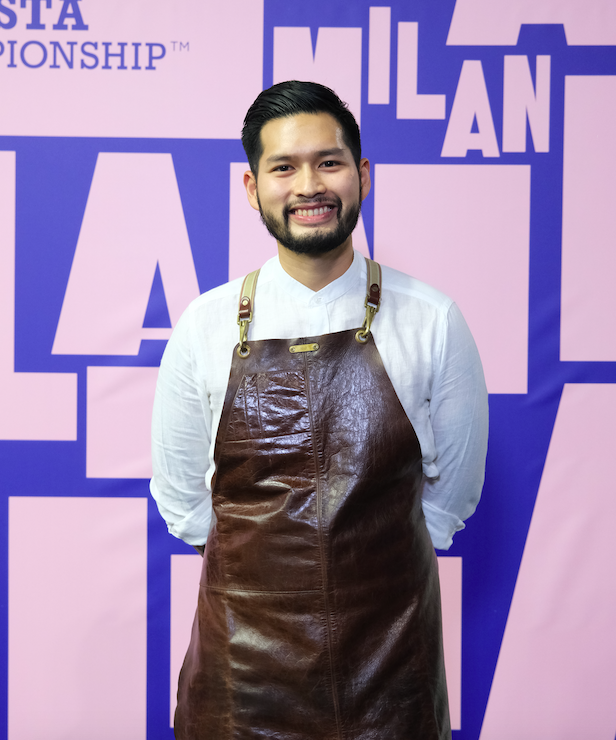Mikael Jasin is an international ambassador for specialty coffee and is determined to uplift his home country's coffee and showcase all the amazing talent that the Indonesian islands have to offer.
Interview first published December 2021

How has coffee culture changed in Indonesia and specifically the hubs like Jakarta?
The coffee scene in Indonesia, especially in Jakarta is alive and thriving. Coffee seems to be the one that everybody is drinking, trying to sell, or wanting to be seen with due to its perceived 'coolness'. As a result you have this big market for coffee complete with its niches. From the mass market, to the big Ice Coffee chains with hundreds of branches, specialty coffee shops that are becoming more popular, all the way to the super specialty with frozen coffee vaults.
I love seeing this because no matter what coffee you like or what part of the market you are in, there's always something for you. We don't really have this kind of snobbish attitude that some of the more developed specialty markets have in the world.
Has the rise of specialty coffee had a positive impact on Indonesian farmers’ lives?
For sure, the demand for better coffee keeps on increasing and that means farmers can now pick and choose where to sell their coffees to. For better or worse, Indonesian coffee farmers demand more for their coffee and that drives Indonesian coffee prices up.
When I was in Bali in 2015 and had the opportunity to visit the Kintamani region, they were experiencing very low yields and a lot of the farmers were changing to other crops, have you seen this change over the last five years?
This has been one of the problems that we face with some of our farmers. Coffee takes a lot longer to grow, is hard to maintain and yields lower compared to other crops such as ginger, garlic or corn. But thankfully, more and more younger generations are looking into coffee cultivation because they recognise the demand for the product. Plus we have been receiving quite a large amount of government support in trying to increase our coffee export numbers.
What has been the most interesting thing you’ve learned about producing coffee through your journey building your WBC set?
The most interesting thing is probably the way we approach coffee processing. We knew that ideally some of the coffees that we process can be used in the WBC stage, but we also have this commitment that all of our coffee has to be within a certain (affordable) price range. In our case, that means producing in a bigger volume. Our smallest lots are 250kg! If you compare them to other competition coffees, those are some pretty big lots. So the challenge for us was how to produce coffee that is good enough for WBC but also big enough for us to sell.

When it comes to coffee competitions, what value do you think they hold in the coffee industry, and part two of the question, for the consumers that drink coffee everyday around the world?
I think coffee competitions are great to push innovations and discourses in the coffee industry. Many of the equipment and technology that we use on bars today started on the competition scene. Eventually, the customers also benefit from that in a form of better tasting coffee, or more economical drink or better attention to the story of the coffee itself
For you personally, what has the impact of coffee competitions been on your career?
The impact of coffee competitions for myself personally has been massive and probably will also answer some of the points asked in the previous question. Initially, when I first competed it impacted my career in a way that it forced me to learn more about coffee making, presenting and the coffee itself. Then after my placement in Boston in 2019 it really blew up in ways that I couldn't really imagine before. In a global world and a big market like Indonesia, my competition related achievements have opened doors that wouldn't open before: from working with big brands, finding partners in business and the support of the entire coffee industry. In the last two years, through the companies that I co-founded we managed to:
I don't think any of this could happen without coffee competition as a platform. I always say that coffee is an Agent of Change, that it has the power to change the lives of the people around it. And my personal experience with coffee competitions have been the proof of that
What would you encourage consumers to do to support coffee farmers and baristas?
Drink more coffee. Be mindful about where your coffee comes from. Drink more coffee!!!